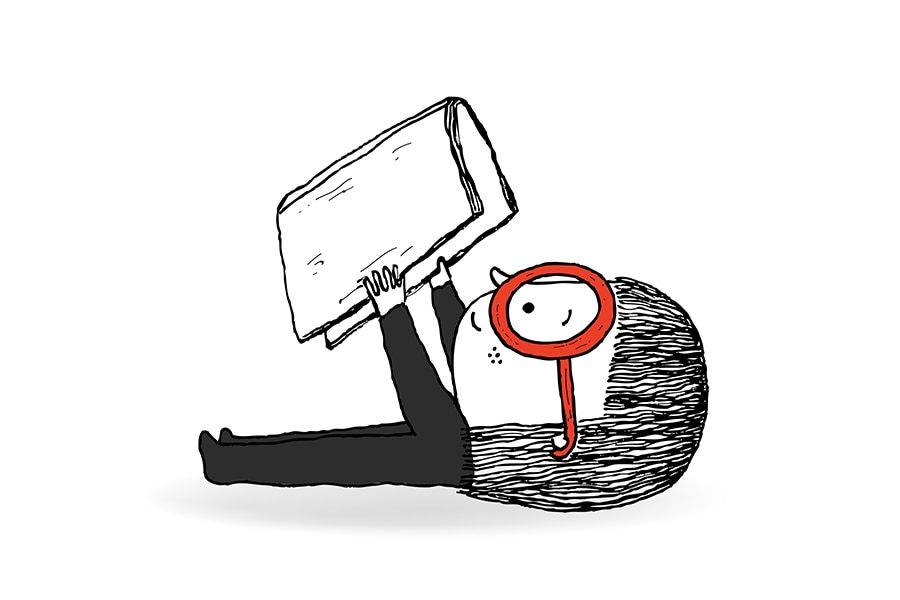
Ten interesting things we read this week
Some of the most fascinating topics covered this week are: Philanthropy (An IPS officer becomes the savior for the marginalized students), Parenting (It was never meant to be this isolating), Business (Inside the airline industry's meltdown; Marico's Harsh Mariwala on FMCG start-ups), and Investments (Mark Hawtin on Digital 4.0 and post-Covid beneficiaries)
 Image: Shutterstock
Image: Shutterstock
1. How an IPS officer is changing the fortunes of students from marginalised communities in Telangana [Source: Economic Times]
One of the ways to eradicate poverty is through providing good education to the poor. And this is what Mr. RS Praveen Kumar, an IPS officer. He heads the Telangana Social Welfare Residential Educational Institutions Society (TSWREIS) and its sister organisation, the tribal welfare residential educational institutes (TTWREIS) as its secretary. He is widely credited for leading the remarkable turnaround of the institutes, with what he says has been unstinting support from the state government. Over the last five years, these residential schools — which provide free education, boarding, food and other facilities to Class V-XII children from Scheduled Castes and Scheduled Tribes in straitened circumstances — have been churning out a string of success stories.
Last month, the institutes saw a record of sorts with 706 students clearing the intensely competitive Joint Entrance Exam (JEE) Mains (qualifying rate of less than 2%), for which parents typically spend lakhs of rupees on private coaching. “This is just a humble beginning. I expect close to 100 seats in the NEET (National Eligibility cum Entrance Test, a common qualifying exam for medical colleges) exams. Imagine, 100 of the poorest of the poor, going to medical colleges,” says Mr. Kumar. A 1995-batch IPS officer, credited with two mass surrenders of Maoists, among other milestones, Mr. Kumar took the unusual step in 2012 of requesting then chief minister Kiran Kumar Reddy that he be posted as secretary of the social welfare residential schools’ society.
It wasn’t easy for Mr. Kumar as there was stiff resistance from the school teachers, who went on strike. This had been a post held by IAS officers and not a coveted one at that, with terms often lasting just a few months. Mr. Kumar had to assure them that he was not there to police them. “I went to the hostels and told them, I belong to a Scheduled Caste, both my parents were teachers and I studied in social welfare hostels. I said I wanted to repay my debt to the institute which is responsible for whatever I am today. They reluctantly withdrew their protest,” he says. Mr. Kumar has overhauled the education system in Telangana and this is what India needs in every state to empower the poor to study and in return serve the nation.
2. Parenting was never meant to be this isolating [Source: NY Times]




